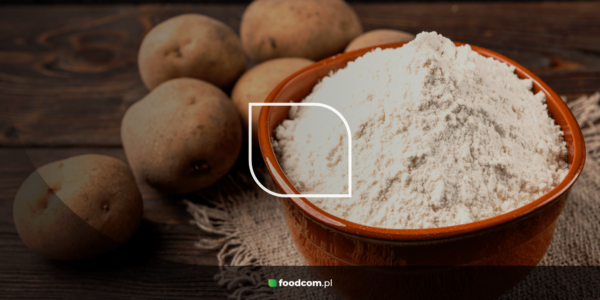Hello partners,
Welcome to our plant-based newsletter!
Welcome to our end of January 2024 Newsletter! In this edition, we delve into the intricate dynamics of key sectors: the starch market’s unwavering stability, the resilience of plant-based proteins, the ever-evolving sugar landscape, and the rapid ascent of the vegetable oil industry. Join us as we dissect these sectors, unveiling their current trends and navigating the challenges they face.
Let’s dive in!
Products of the Week
Starches
The starch market remains stable, buoyed by growing demand for natural wheat, corn and potato starch, particularly from the paper and board manufacturing sector. There is also strong demand for modified potato starch for the cheese industry. Additionally, there is a notable uptick in the desire for gluten-free wheat starch in response to the surging interest in gluten-free products. Concurrently, modified tapioca starch experiences a sudden surge in demand.
Proteins
In January 2024, the market for plant-based proteins was resilient despite the lack of ingredients. Innovations include a wide range of sources, including algae, mushrooms, hemp, jackfruit as well as traditional options such as soy and peas. However, challenges stem from the deficit in corn gluten meal, attributed to the low corn prices, which is affecting the animal feed sector. Also a critical insufficiency of hydrolyzed wheat gluten impacting the cattle industry and also sports nutrition industry. Feed buyers are being pushed to buy quality food because of shortages. These supply chain disruptions may put pressure on product availability and pricing in both the plant protein and animal feed industries.
Sugar
The sugar market in January 2024 reflects a dynamic situation, with prices for both white and raw sugar having risen due to damaged crops in Asia. Despite recent record contract prices, global forecasts indicate potential supply issues with a sugar deficit in the 2023/24 season. Significant price changes can be observed in the European Union, especially compared to previous months and the previous year. On the flip side, European Sugar is challenging with all the sugar that comes from Ukraine. And it’s getting more and more competitive.
Oils
As of January 2024, the vegetable oil market boasts stable prices and rapid growth, particularly in the Asia-Pacific region. Increased demand in the food and beverage industry and the biofuel sector drive this growth. The vegetable oil market is projected to reach 82.02 billion EUR by 2028, underscoring its global economic significance.
What else?
Romania is experiencing a remarkable oilseed season, led by rapeseed, which accounts for 32% of the total area under cultivation. Ukrainian rapeseed imports were affected by a ban in January 2023 and the European Commission has imposed restrictions on these imports, which will apply until June 2025.
Belgian farmers are planning to block the access roads to the container port of Zeebrugge, the second largest in the country. This follows earlier actions in which highways were blocked and tractors were parked near the EU Parliament in Brussels. Protests were observed in several European countries by farmers expressing their concerns about excessive bureaucracy, high fuel costs and unfair competition due to EU trade policy.
South America is struggling with climate-related problems. One example of this is the drought in Argentina, which is threatening soybean production. Brazil is facing shifts in rainfall in January, with less rain in the south and more rain in the northern state of Mato Grosso. These uncertainties could lead to delays in the sowing and harvesting of soybeans.








